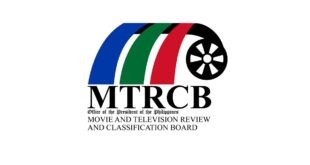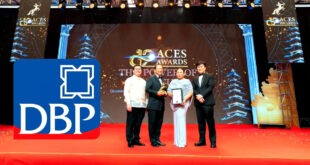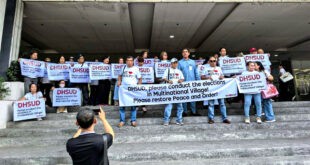
LEGAL na opinyon man ni Solicitor General Jose Calida na hindi na dapat buwisan ang Philippine Offshore Gaming Operators (POGOs), nagkakaisang ipinasa ng House Committee on Ways and Means ang panukalang patawan ng buwis ang nasabing pamumuhunan.
Batay sa House Bill 5257, limang porsiyento ang direktang ipapataw na franchise tax sa gross winnings ng POGOs at 25 porsiyento sa POGO workers na kumikita ng P600,000 kada taon.
Ayon kay Albay Rep. Joey Salceda, chairman ng House Ways and Means Committee, ang opinyon ng OSG ay isang uri ng tax exemption na taliwas sa batas.
“OSG interpretation rises to the level of a tax exemption, the grant of which is intrinsically the duty of Congress,” ani Salceda.
Aniya, hindi bababa sa 138,000 empleyado ng POGO mula sa mainland China ay nasa mga lungsod ng Pasay, Las Piñas at Parañaque ang nagtatrabaho at kumikita rito.
“The bets are made by people outside Philippines but is enabled by manpower and facilities inside the Philippines. So there is value added or income derived here therefore taxable,” paliwanag ni Salceda.
Aniya sinasabi sa Basic accounting principle na “Costs are recognised when revenues are recognised. So aren’t the wages here costs expensed by POGOs?”
Dagdag ni Salceda, sa 60 POGO na nasa bansa, 10 lamang ang nakarehistro sa Bureau of Internal Revenue (BIR).
“So therefore should not the 50 registered and the 100 illegal POGOs be of similar stature.”
Ani Salceda, dalawang porsiyento ang ibinubuwis ng Philippine Amusement and Gaming Corporation (PAGCOR) bilang regulatory fee sa mga POGO imbes limang porsiyentong franchise tax.
Aniya P8 bilyon lamang ang nakokolekta ng PAGCOR sa dalawang porsiyentong ito samantala maaari silang komolekta hanggang P20-bilyon sa limang porsiyentong buwis.
Sa panig ni Ako Bicol Rep. Alfredo Garbin Jr., ang opinyon ng OSG ay taliwas sa Basic Rules and Principles of Philippine Taxation.
“‘Income derived within the Philippines is taxable,’ and since POGO is doing business in the Philippine soil and receiving protection from the government in the conduct of their business then they should be taxed,” ani Garbin.
ni GERRY BALDO
 HATAW! D'yaryo ng Bayan hatawtabloid.com
HATAW! D'yaryo ng Bayan hatawtabloid.com





















